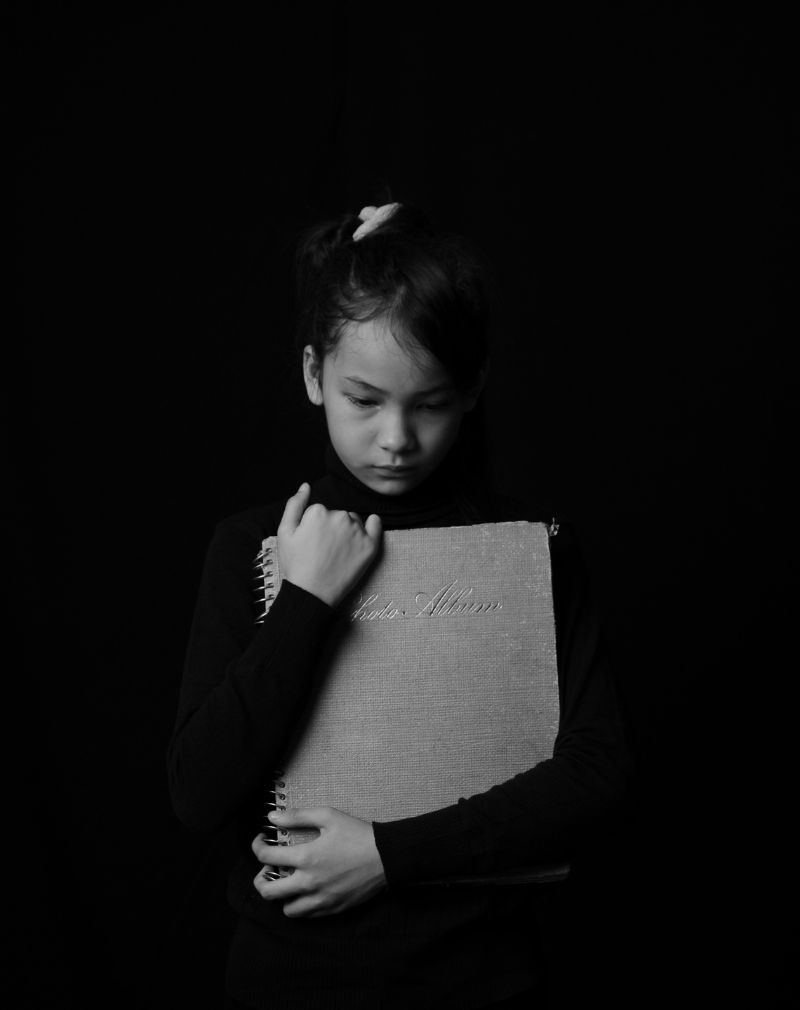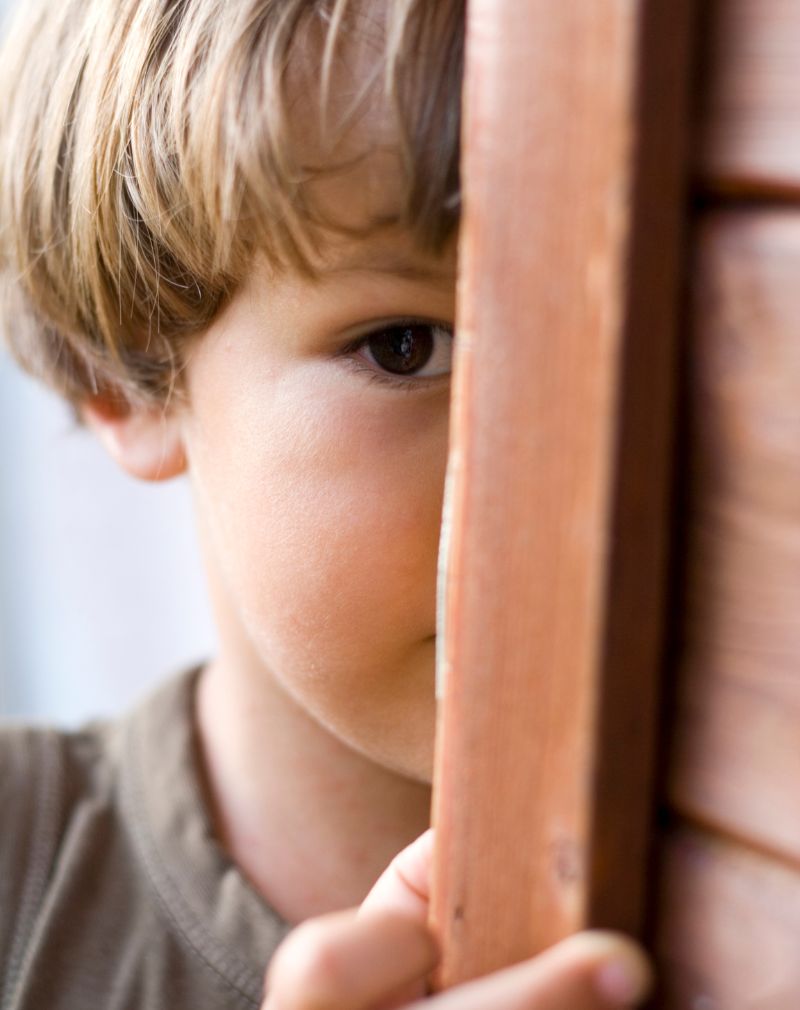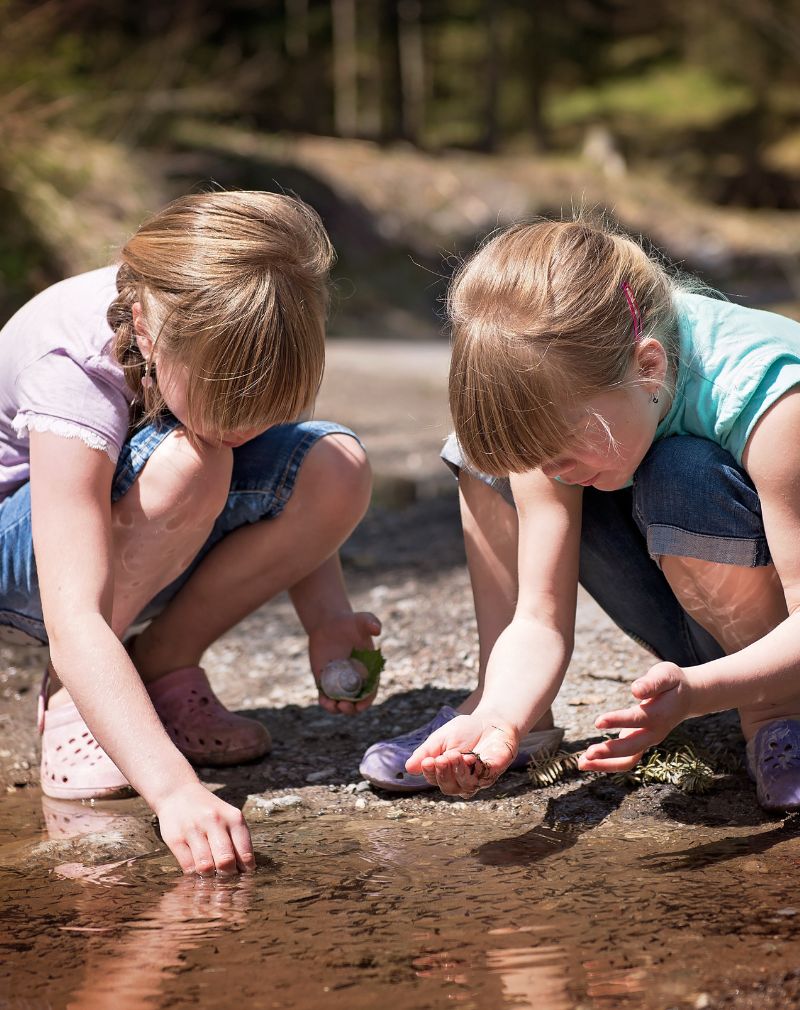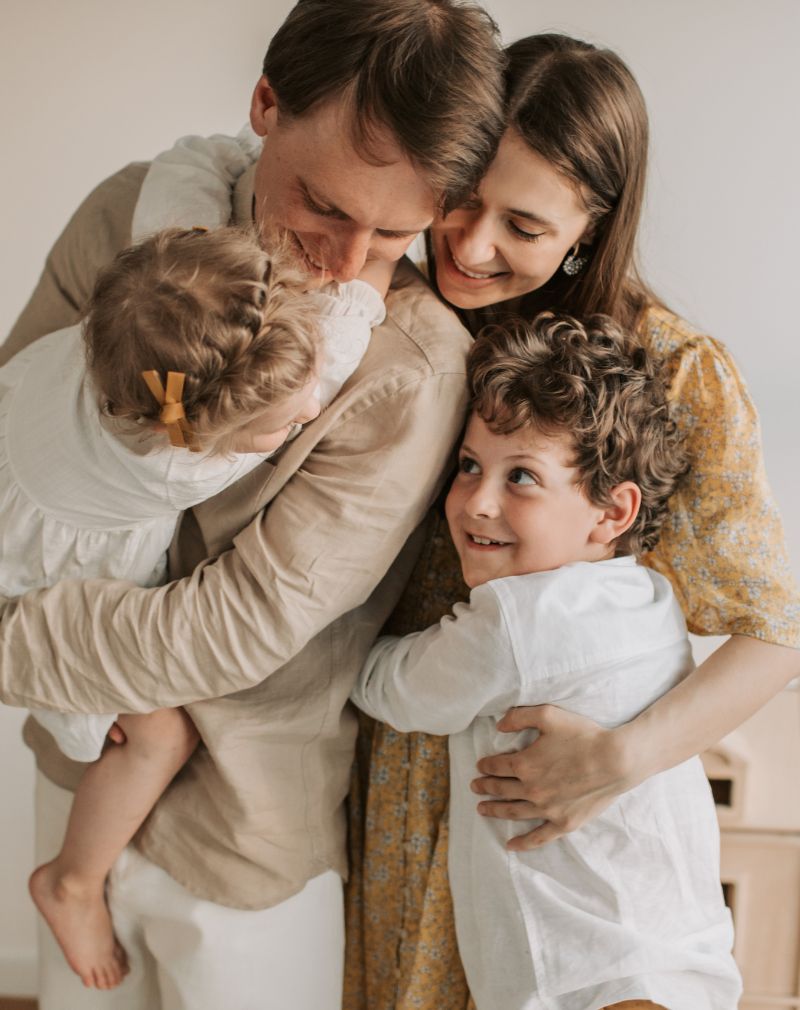One in five children today is showing signs of emotional exhaustion. Not because of exams or screen time, but because they cannot stop trying to keep everyone else happy.
Some kids are known as “the helper” or “the peacemaker.” Teachers praise them. Friends rely on them. Parents feel proud. But here’s the truth: behind the smiles, many of these children are quietly burning out.
Being kind is not the problem. The problem is when kindness becomes a duty, when a child believes saying no makes them less lovable. That belief eats away at confidence and slowly fuels anxiety. It is painful to admit, but sometimes the very traits adults admire most are the ones doing the most harm.
At The American Wellness Center in Dubai Healthcare City, our Child & Adolescent Psychology Department works with families to break this cycle. We help children understand that boundaries are not selfish. They are survival.
What Emotional Burnout Looks Like in Children
Burnout isn’t just for adults. In kids, it shows up as emotional exhaustion; the feeling that everything is simply “too much.” They lose interest in things they once loved. They feel overwhelmed by even small requests.
The signs are often brushed off as “phases” or “attitude,” but they are early warning signals:
- A child who explodes in meltdowns over small frustrations is often carrying more than they can name.
- Frequent stomachaches or headaches without a medical explanation can be stress speaking through the body.
- A once-social teen who withdraws from friends may not be “growing distant”—they may be emotionally drained.
- Kids who live in fear of letting others down aren’t just thoughtful; they’re running on empty.
Burnout in children rarely announces itself loudly. It creeps in quietly, until the child you knew feels harder to reach.
Why Lack of Boundaries Leads to Burnout
When children are rewarded only for being “nice,” they may start to believe their value depends on never upsetting anyone. That belief is heavy. It leaves them saying yes when their body and mind are screaming no.
Over time, this constant self-silencing triggers the same stress pathways we see in adults under chronic pressure. The difference? Children’s brains and bodies are still developing, which makes the impact even deeper.
Here’s the brutal truth:
- A child who never says no will grow into an adult who doesn’t know how.
- People-pleasing is not a personality trait; it’s often a survival strategy.
- Every “yes” that costs a child their peace chips away at their resilience.
And in today’s world, it’s not just the playground or classroom. Social media has created another stage where kids feel they must perform kindness and support 24/7. It’s a constant show of empathy that leaves many of them exhausted long before adulthood.
The Science Behind Boundaries and Mental Health
Boundaries are not walls. They are signals; lines that tell a child, “This is where I end, and you begin.” Learning to set them is one of the strongest predictors of lifelong mental health.
Current research is clear:
- Adolescents raised with clear family boundaries show about a third fewer cases of anxiety and depression.
- Children who practice saying no in safe, supportive environments grow into teens with higher self-esteem and healthier friendships.
Boundaries do not make children less kind. They make kindness sustainable. They ensure generosity comes from choice, not obligation.
The truth is simple: a child who learns to protect their own well-being early is far more capable of supporting others later. That balance is what prevents burnout and it’s what allows kindness to stay genuine.
How We Walk With Families at AWC
Every child who comes through our doors carries a story. Some are exhausted from always being the “good one.” Others are anxious, worn down by the weight of other people’s expectations. Parents often arrive worried, unsure if they’ve missed the signs or waited too long.
At The American Wellness Center in Dubai Healthcare City, we don’t hand out quick fixes. We sit with families. We listen. We teach children that boundaries are not barriers, they are lifelines.
Here’s what that looks like in practice:
- One-on-one therapy sessions that give children a safe place to speak and breathe.
- Parent guidance that shows you how to model boundaries without guilt or fear.
- Group workshops where kids practice saying no and discover that friendship doesn’t disappear when they do.
We work in the context of Dubai’s diverse families—expat and local, large households and small, each with unique cultural values. That sensitivity matters. Because every child’s story deserves to be heard on its own terms.
When families walk out of a session, we want them to feel lighter, more hopeful, and more prepared. Not just with tools, but with the confidence that they are not alone in this work.
When Kindness Costs Too Much
Children don’t always tell us when they’re drowning. They smile. They help. They say yes when everything inside them wants to say no.
By the time the signs are clear, the exhaustion is already deep. We’ve seen too many families wait for the breaking point. Don’t wait.
- Pain ignored today becomes a prison tomorrow.
- Healing doesn’t happen on its own, you must choose it.
- Waiting always costs more than acting now.
Boundaries aren’t about rejection. They are about protection. They give your child room to breathe, to rest, to grow strong enough to stay kind without losing themselves.
At The American Wellness Center in Dubai Healthcare City, our Child & Adolescent Psychology team walks this path with families every day. We’ve seen the relief on a child’s face when they realize they don’t have to carry the world.
If you’ve read this far, you already know it’s time. Let us take the next step with you.



